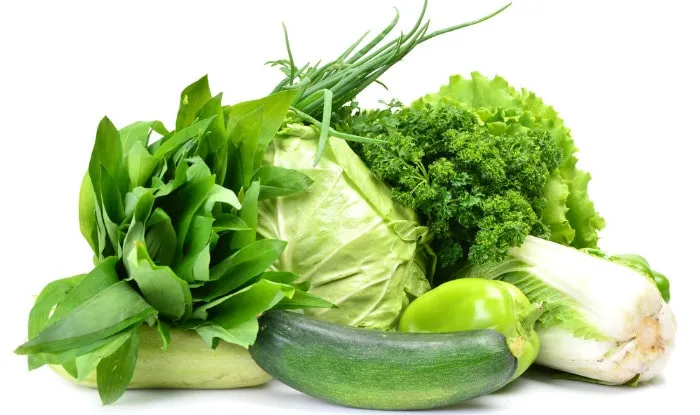Being a vegetarian in this world is not possible at all you will taste a slight of meat at any point of your life you will need meat at any aspect of your life. Yes, vegetables make up your food and make you healthy and also vegetables remove all the fats too. But meat is also a source of your food it was your first source of food. In early ages, people used to eat meat raw like we eat some vegetables raw. Then human evolved, and they tried to cook food and eat it when it’s cooked. That way it was more tasty and healthy of course because when you cook food, many of the bacteria which can cause you severe illness die due to high temperature.
The possibility that being a veggie lover is better for the earth has, in the course of the most recent forty years, turned into a bit of tried and true way of thinking.
Its prominent need started in 1971 with the distribution of the unexpected hit Diet for a Small Planet and after that spread far and wide: recently it advanced into a critical government report for proposals for the eating regimen. As that report from the Dietary Guidelines Advisory Committee put it:
“Steady confirmation shows that all in all, a dietary example that is higher in plant-based sustenance, for example, vegetables, natural products, entire grains, vegetables, nuts, and seeds, and lower in flesh-based food is related with the lesser ecological effect that is the present normal diet from food.”
We people eat around 230m tons of flesh a year, twice as much as we completed 30 years back. We breed four species – chickens, dairy animals, sheep, and pigs – all of which require extensive measures of food and water, discharge methane, and other ozone-depleting substances and create piles of solid waste.
But, what amount of pressure does our meat-eating put on biological systems? The appropriate response is a considerable measure however the figures are loose and debated. In 2006, the United Nations ascertained that the consolidated environmental change outflows of animals reared for their meat were around 18% of the worldwide aggregate – more than autos, planes and every other type of transport set up together.
A human populace anticipated that it would develop by 3 billion, a move in creating nations to eating more meat, and worldwide utilization on track to twofold of every 40 years point to the mother of all nourishment emergencies not far off. How much sustenance we develop isn’t merely constrained by the measure of open land yet meat-eaters require significantly more space than veggie lovers. A simple family living off rice, beans, vegetables and natural product may live on a section of land of land or less, while the average person, who devours around 270 pounds of meat a year, needs 20 times that.
Almost 30% of the accessible without ice surface region of the planet is currently utilized by domesticated animals, or for developing food for those creatures. One billion individuals go hungry consistently, yet domesticated animals now expend most of the world’s yields. A University research about in 1997 found that around 13m hectares of land in the world were utilized to develop vegetables, rice, organic product, potatoes, and beans, yet 302m were utilized for domesticated animals. The issue is that ranch animals are wasteful converters of sustenance to substance. Oven chickens are the best, requiring around 3.4kg to deliver 1kg of material, yet pigs need 8.4kg for that kilo.
Eat meat or chicken, and you are successfully devouring the water that the creature has expected to live and develop. Veggie lover creator computes it takes 60, 108, 168, and 229 pounds of water to deliver one pound of potatoes, wheat, maize, and rice individually. In any case, a pound of hamburger needs around nine thousand liters – or more than twenty thousand liters of water. Similarly, it takes almost a thousand liters of water to create one liter of the drain. A grilled chicken, by differentiating, is significantly more efficient, delivering an equal measure of meat from a cow on only fifteen hundred liters.
Conclusion
We as whole pick sustenance in light of what we like, what we can get to, and what we can manage. There isn’t right now an affirmation that shows food created with less waste. However, we can expect to chop down our particular food and stay aware of providers who demonstrate better responsibilities. We may have an avocado – yet perhaps not five out of seven days. What’s more, apparently, we can source more food locally and regularly and also consider safeguarded choices If we need to eliminate air miles. Like eating less meat, there are approaches to improve your impression.



